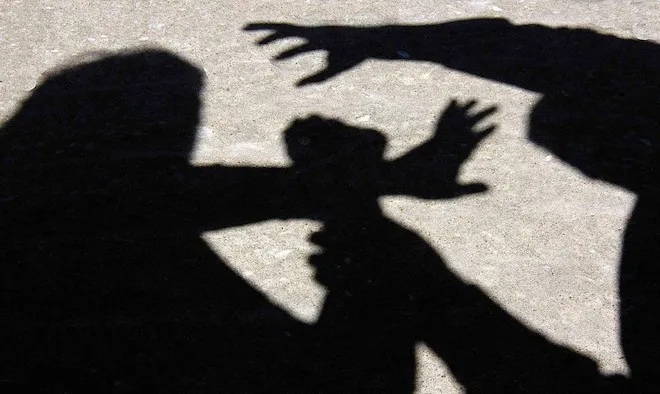
Another Sailor who was sharing a room with our client during a liberty call found the pornography on the client’s computer. After the pornography was discovered, our client’s computers were seized and sent off for forensic examination by the Defense Computer Forensic Labs (DCFL), a process that took almost half a year.
After nearly a year of investigation on the part of the government, our client was charged with multiple specifications of possession of child pornography.
In order to stack the deck against the accused, the government demanded an immediate Article 32 hearing so that the defense would not have time to prepare (even though the government had been investigating the case for nearly a year).
We requested a computer forensic expert be appointed to the defense team so the defense could actually review the evidence in the case.


The government denied that request. The government also refused to allow the defense access to the evidence because it included “contraband,” even though the government permitted itself to send the evidence to anyone they felt could help win their case.
Even without access to all the evidence and a defense computer expert, we fought the charges at the Article 32 and began building a case to show that our client was not the individual who actually put the child pornography on the computer and that his multi-hour videotaped confession was coerced and not corroborated by the evidence.
The government referred the charges after the Article 32 hearing and continued to deny the defense access to the evidence in the case. We fought back and were able to get Trent Struttmann from CyberAgents, Inc. appointed as a computer forensic examiner for the defense and, while the government still refused to send the evidence directly to our expert, we were able to have our expert allowed to review it at a nearby CID office.
We fought this case for months and were relentless in our determination to take this case to trial, regardless of the multi-hour confession by the accused. Literally, on the day before trial, because of the pressure we put on the government, we were offered what would be considered by many as a sweetheart deal, the government agreed to limit our client’s confinement to only 12 months. (He was facing over 30 years.)
We smartly took the deal and our client’s sentence was reduced to 12 months pursuant to the plea deal. Of this time, he will likely only serve 9 or 10 months.
This case is just another example of why, even when the odds and evidence are squarely stacked against you, it is often best to fight the charges until the end. When the government knows your attorney will not back down and will take a case to trial, that is often when the best plea deals are given.
In other military jurisdictions throughout the Pacific, a 12-month deal for a substantial child pornography case is generally unheard of.
Another Sailor who was sharing a room with our client during a liberty call found the pornography on the client’s computer. After the pornography was discovered, our client’s computers were seized and sent off for forensic examination by the Defense Computer Forensic Labs (DCFL), a process that took almost half a year.
After nearly a year of investigation on the part of the government, our client was charged with multiple specifications of possession of child pornography.
In order to stack the deck against the accused, the government demanded an immediate Article 32 hearing so that the defense would not have time to prepare (even though the government had been investigating the case for nearly a year).
We requested a computer forensic expert be appointed to the defense team so the defense could actually review the evidence in the case.

The government referred the charges after the Article 32 hearing and continued to deny the defense access to the evidence in the case. We fought back and were able to get Trent Struttmann from CyberAgents, Inc. appointed as a computer forensic examiner for the defense and, while the government still refused to send the evidence directly to our expert, we were able to have our expert allowed to review it at a nearby CID office.
We fought this case for months and were relentless in our determination to take this case to trial, regardless of the multi-hour confession by the accused. Literally, on the day before trial, because of the pressure we put on the government, we were offered what would be considered by many as a sweetheart deal, the government agreed to limit our client’s confinement to only 12 months. (He was facing over 30 years.)
We smartly took the deal and our client’s sentence was reduced to 12 months pursuant to the plea deal. Of this time, he will likely only serve 9 or 10 months.
This case is just another example of why, even when the odds and evidence are squarely stacked against you, it is often best to fight the charges until the end. When the government knows your attorney will not back down and will take a case to trial, that is often when the best plea deals are given.
In other military jurisdictions throughout the Pacific, a 12-month deal for a substantial child pornography case is generally unheard of.
Defending Service Members Globally
Wherever Duty Calls, Our Defense Follows



